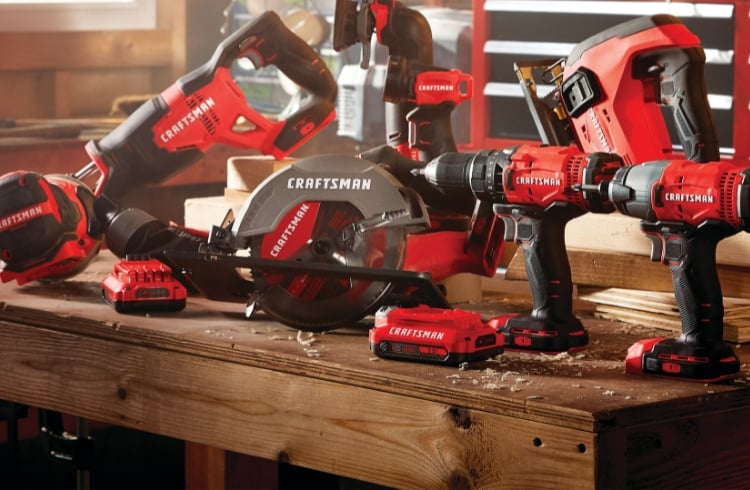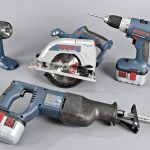In the realm of power tools, there has been a significant shift in the last decade. The once-dominant gas-powered tools are gradually being replaced by their electric counterparts. But the question remains: Are electric power tools better? This article aims to delve into the intricacies of this debate, examining the benefits, drawbacks, and future implications of this technological shift.
Firstly, let's address the elephant in the room - the power output. Traditionally, gas-powered tools were favored for their superior power. However, advancements in battery technology have significantly closed this gap. Modern electric power tools, especially those with lithium-ion batteries, can deliver power comparable to gas-powered tools, often in a more compact and lightweight package.
The environmental impact is another crucial factor tipping the scales in favor of electric power tools. They produce zero emissions at the point of use, unlike their gas-powered counterparts, which emit carbon dioxide and other harmful pollutants. This makes electric power tools a more sustainable choice, aligning with the global push towards reducing carbon emissions.
In terms of maintenance, electric power tools have a clear edge. They require less upkeep compared to gas-powered tools, which need regular oil changes, spark plug replacements, and air filter cleanings. This not only saves time but also reduces long-term ownership costs.
However, it's not all sunshine and rainbows for electric power tools. One of their main drawbacks is their reliance on batteries. While battery technology has improved, it still can't match the longevity of a gas tank. This means electric power tools may need recharging during long work sessions, which could be inconvenient.
Another potential downside is the initial cost. High-quality electric power tools, particularly those with advanced lithium-ion batteries, can be more expensive upfront than gas-powered tools. However, the lower maintenance costs can offset this over time.
Looking ahead, the future seems bright for electric power tools. With the continuous improvement in battery technology and the increasing emphasis on sustainability, it's likely that they will continue to gain popularity. Moreover, the advent of smart technology in power tools, such as connectivity features and performance tracking, is another exciting development that could further enhance the appeal of electric power tools.
In conclusion, while both electric and gas-powered tools have their merits, the scales seem to be tipping in favor of electric power tools. They offer comparable power, lower emissions, and less maintenance, albeit with some potential drawbacks such as battery life and initial cost. However, with the rapid pace of technological advancements, these issues are likely to be mitigated in the future.



Average Rating